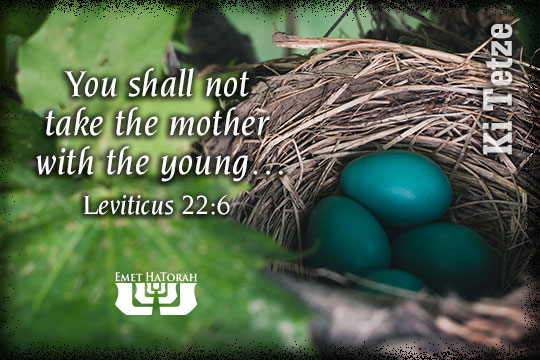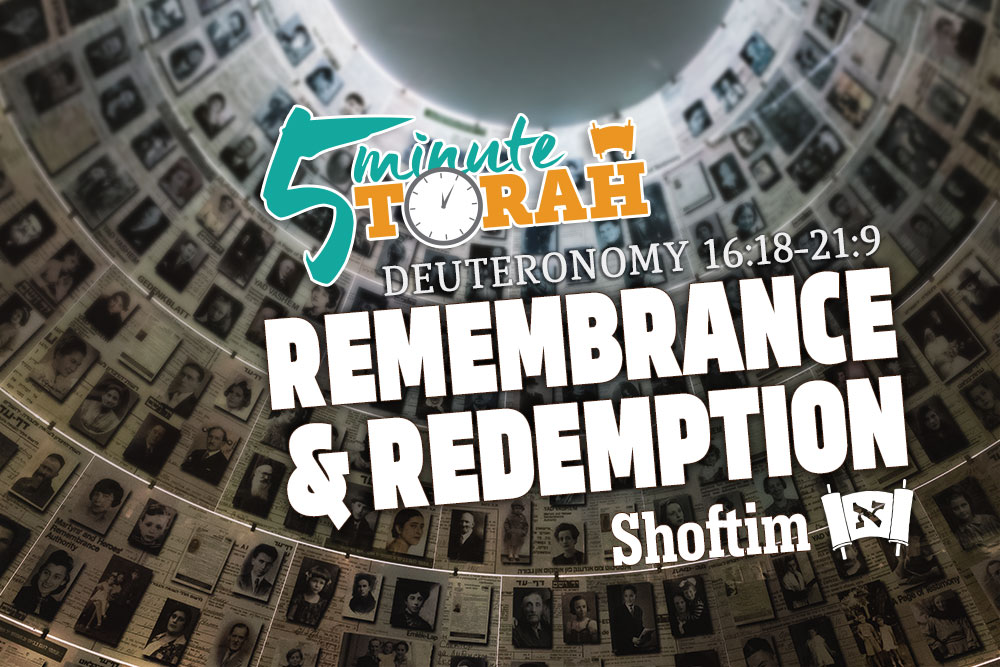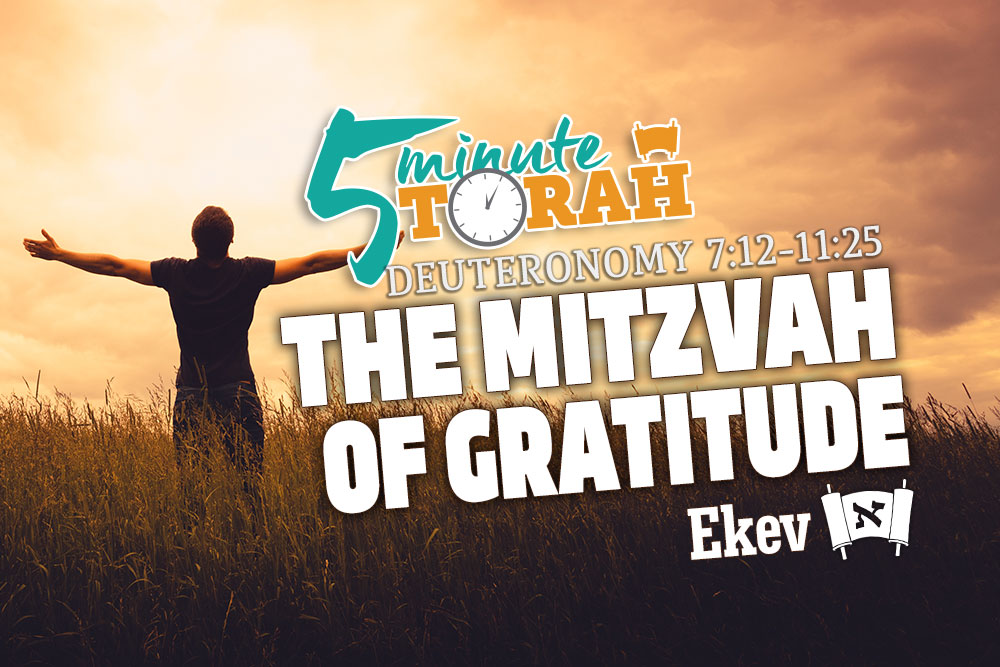Parashat Ki Tetze (Deuteronomy 21:10-25:19)
Have you ever wondered what the “least of the commandments” is that Yeshua speaks of in Matthew 5? (See Matthew 5:17-20.) According to our sages, the least commandment is found in this week’s Torah portion:
If you come across a bird's nest in any tree or on the ground, with young ones or eggs and the mother sitting on the young or on the eggs, you shall not take the mother with the young. You shall let the mother go, but the young you may take for yourself, that it may go well with you, and that you may live long. (Deuteronomy 12:6-7)














